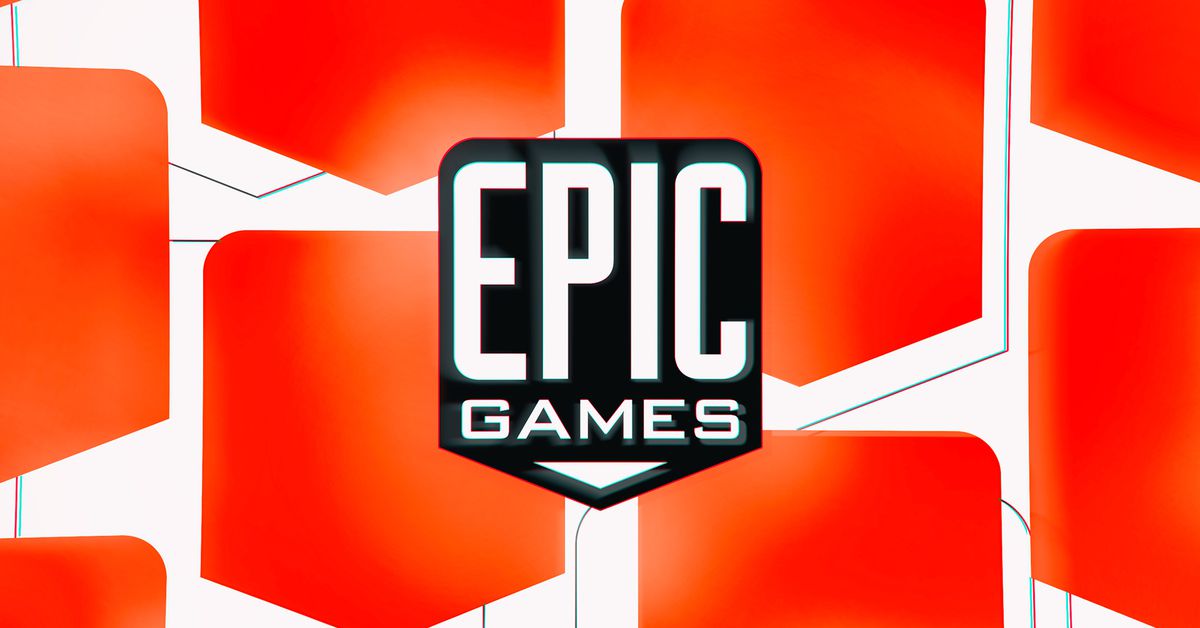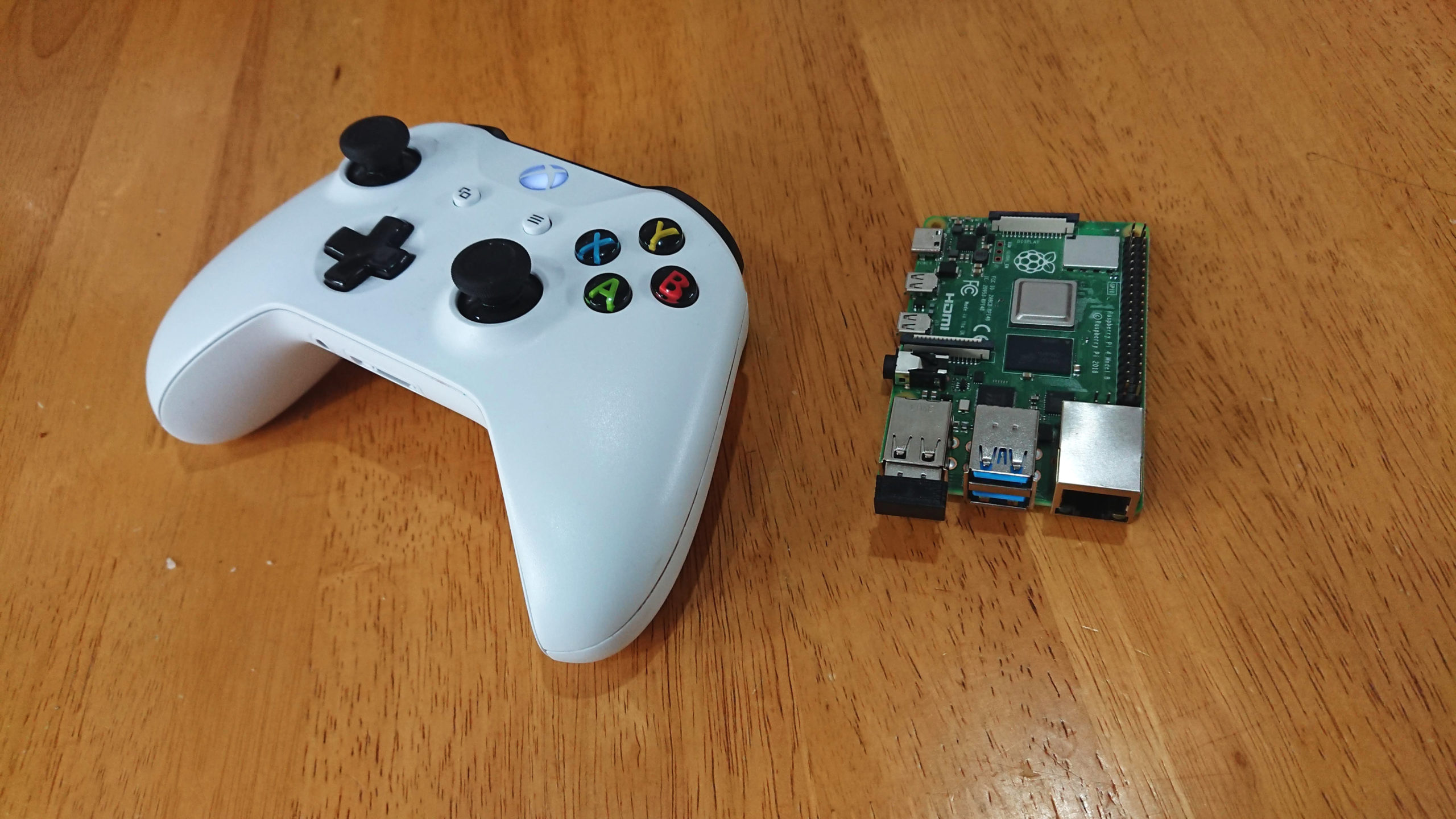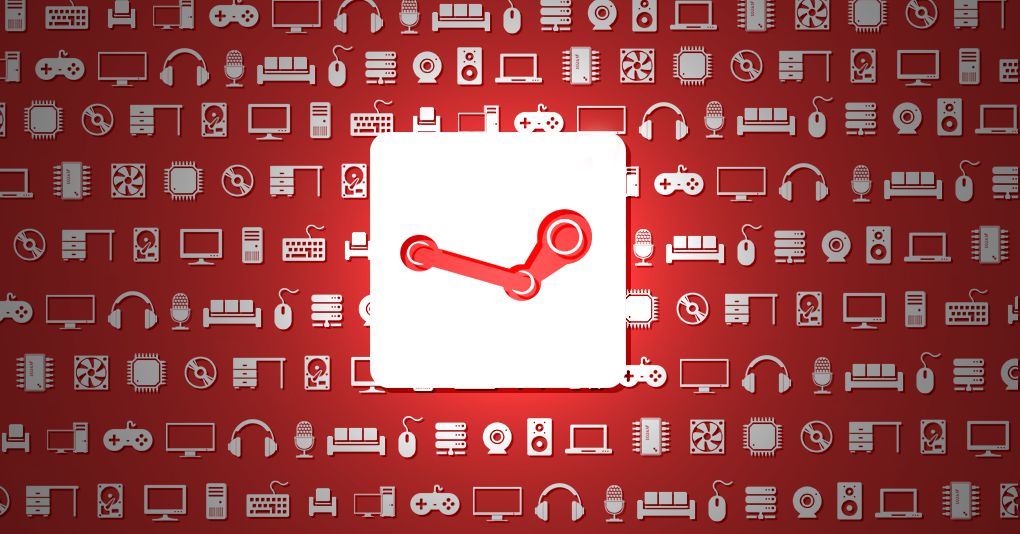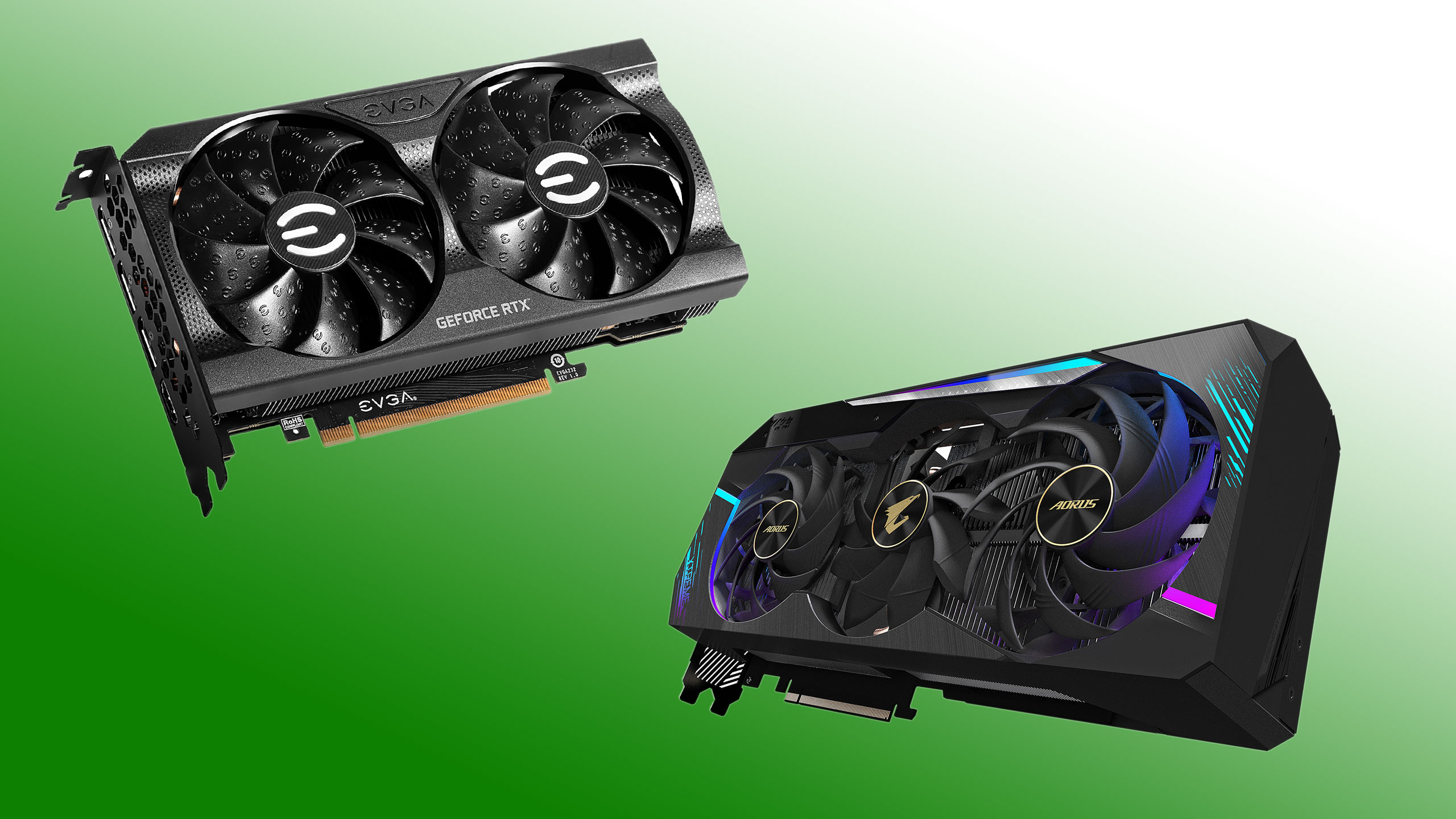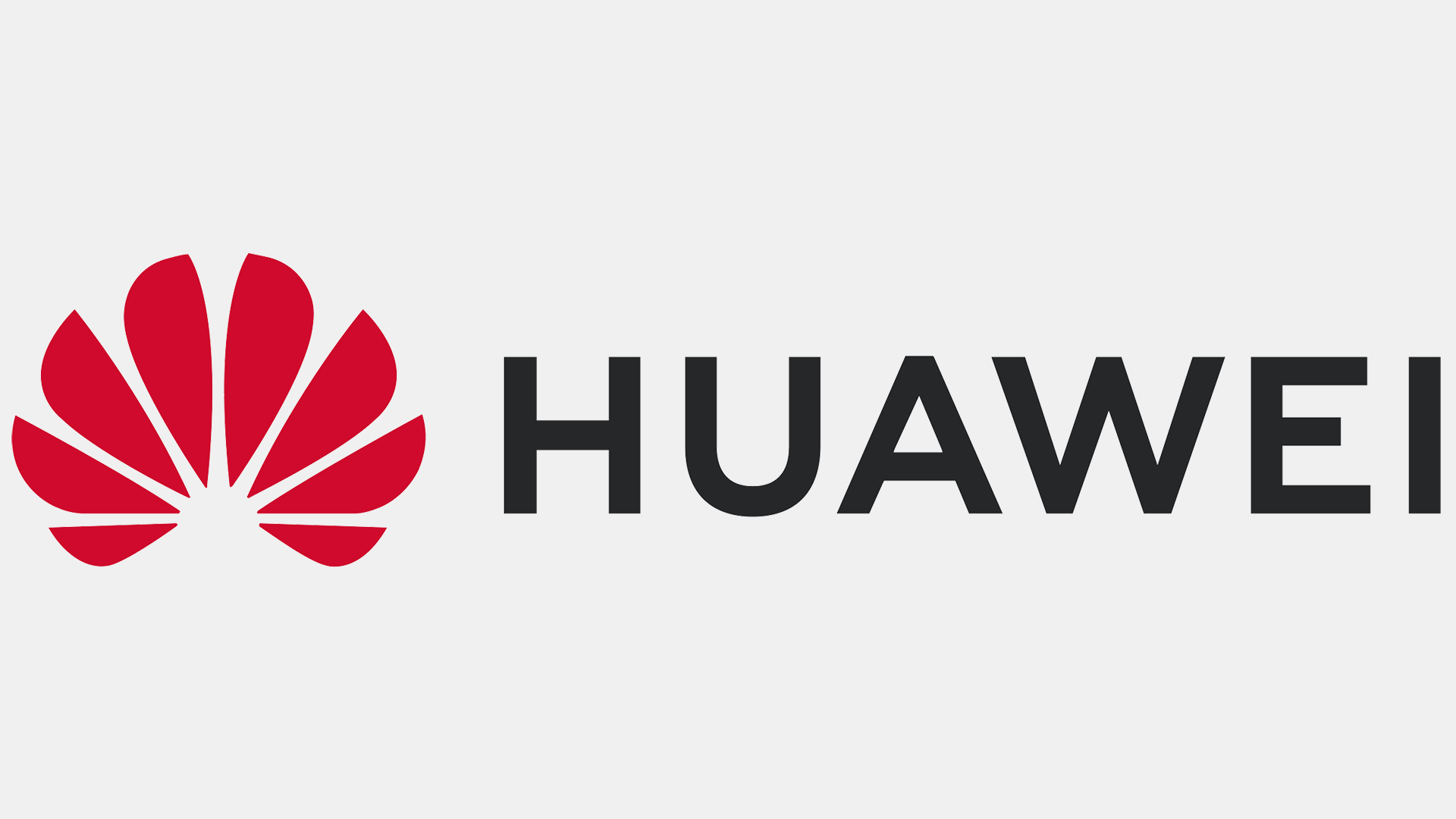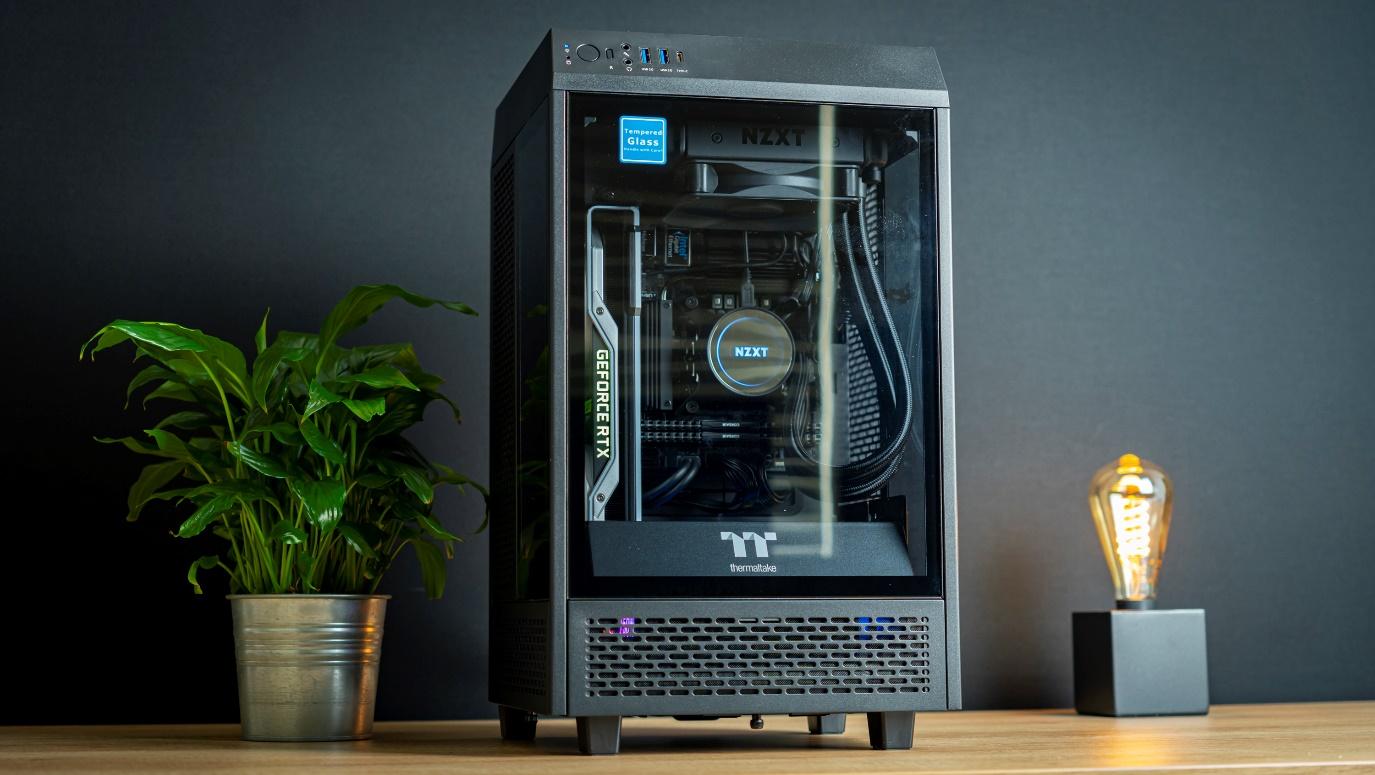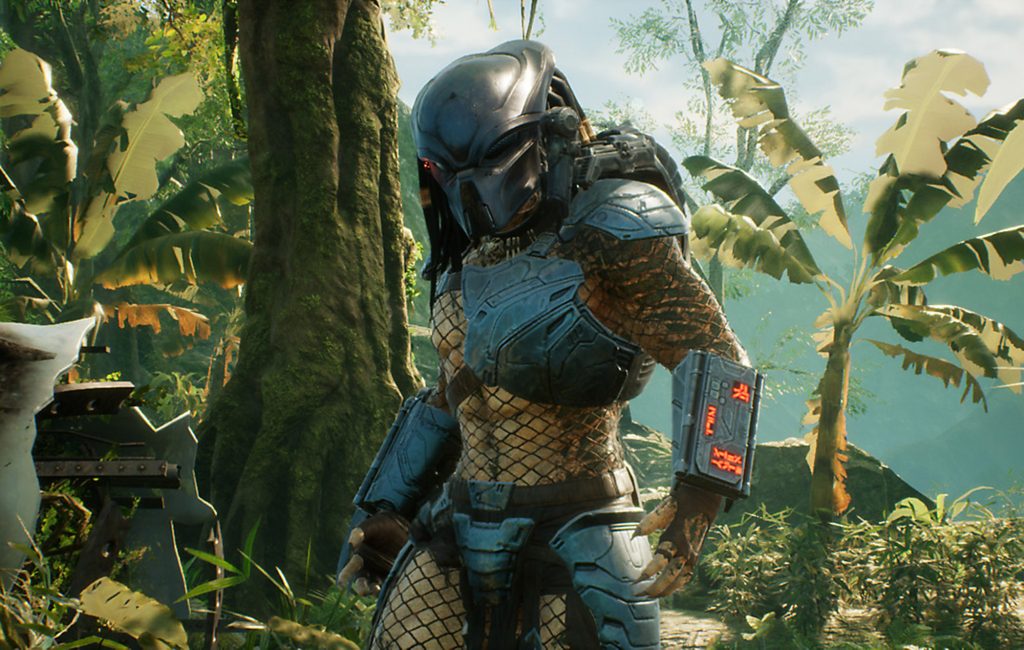Illustration by Alex Castro / The Verge
Epic Games didn’t sue Apple to get a big payout, but that’s because the lawsuit itself is an investment. And to rewrite Apple’s rules, Epic is spending a fortune.
The reason Epic’s Fortnite got thrown out of the Apple App Store was that Epic rogue-updated Fortnite to offer a payment mechanism that bypassed Apple’s 30 percent cut of all in-app transactions. Apple booted Fortnite for violating its rules. Epic threw an… epic… hissy fit about this, culminating in the trial starting this week. While Epic has cobbled together an alliance called the Coalition for App Fairness — along with Spotify, Match Group, Basecamp, and Tile — there’s one more tech behemoth in play. Epic Games Store runs on Amazon Web Services. So does Fortnite itself.
The fight with Apple echoes Epic’s tactics elsewhere. The Epic Game Store is a clear challenge to Valve, which has an iOS-like store called Steam that also takes a 30 percent cut of sales. In a basic act of moral consistency, the Epic Game Store contains — in addition to games by other developers — other game stores. It also takes only a 12 percent cut of sales. Just last week, Microsoft announced it would cut its take on PC games to 12 percent to match Epic, from 30 percent. (It also filed a letter of support for Epic in the current case.)
Epic CEO Tim Sweeney said in 2019 that the Epic Game Store’s hardball tactics against Valve will continue until either the store is profitable or Valve lowers its cut. Epic will torch an estimated $593 million by the end of 2021 on the Epic Games Store, according to court documents in the Apple case. At many companies, losing this much money would be a problem, but that figure is only slightly more than Epic’s Fortnite revenue from April 2020, which was $400 million that month.
Fortnite pretty much prints cash because the video game industry has hit on a business model that almost no other part of the entertainment industry can match: in-app payments. For Spotify, it’s not a fatal problem to dodge the App Store and its cut. I just go to a desktop computer, enter my credit card information, and — thanks to recurring billing — I’m done.
Fortnite is different, and it’s why a video game company is leading the effort to challenge the App Store payment rules. In Fortnite, if I want to buy a sweet dance move, I spend Epic’s V-Bucks to do it. The store refreshes every day, so if I want the new hotness, I need to act immediately. (There’s also a seasonal pass and a recently-introduced monthly subscription, but these do not seem to be as explicitly geared toward impulse buys.) Last year, in-app purchases were estimated to account for 40 percent of all gaming revenue.
Epic’s position gets weirder. Part of the story will involve people who imprinted on Neal Stephenson like ducklings, but before we get there, let’s run down what we know about the economics of Fortnite and the Epic Games Store to get a rough sense of how much money is in play.
It’s true that Fortnite is free to download, but in-app purchases more than make up for that. In 2019, Epic Games had revenue of $4.2 billion, with earnings of $730 million. (We know this because Epic, a private company, sold a stake, and those meddling kids at VentureBeat got a hold of numbers as a result.) Epic’s 2020 numbers are forecast at about $5 billion in revenue, with $1 billion in earnings, according to VentureBeat; in the court documents, Epic’s total 2020 revenue is projected at a mere $3.85 billion. In the two years Fortnite was available in the App Store, iOS customers alone accounted for $700 million in revenue for Epic, according to the court documents.
“Epic is in a fortunate position because Fortnite is the most popular game in the world,” says Christopher Krohn, an adjunct associate professor of marketing at the University of Chicago’s Booth School of Business.
Apple’s revenue split from digital purchases is a little complicated — it’s got special rates for small developers, for instance — but in Epic’s case, Apple gets 30 percent of all in-app purchases. That’s in line with Minitel, the French pre-internet, which also had a 30 / 70 split for third-party content, says Bill Maurer, a professor of anthropology at the University of California Irvine who specializes in payment processors. Frankly, it looks like a carrier fee.
“At some level, Apple’s being greedy, because it doesn’t depend on this revenue,” says Michael Cusumano, a distinguished professor of management at MIT’s Sloan Business School. “It’s rolling in money from the iPhone itself.” On March 28, Apple reported its quarterly earnings — almost $24 billion in net income, riding mostly on strong sales of the iPhone and Mac; the previous quarter was a blowout for the company, with revenue of more than $100 billion.
Greed isn’t illegal. It’s also probably what’s motivating Epic, despite its CEO’s bluster. Epic wants to build something called the “metaverse,” an online haven where superhero IP owned by different companies can finally kiss. (The idea is based on Snow Crash, a 1991 book by Neal Stephenson.) The revenue potential here is the kind of thing that sends VCs into thinkfluencing fever dreams.
Fortnite is already a hangout space, one where IP from Marvel and DC can legally interact. Add to that the Unreal engine, which fuels a number of games as well as shows such as Disney’s The Mandalorian, and its other developer tools, and you’re looking at what could potentially be a piece of a metaverse. Should Fortnite, the Epic Games Store, or another Epic offering underpin a major chunk of a metaverse, the amount of money Epic is torching on its store and these lawyers will look like a wise investment against the fuckload of money it stands to make.
You can see why they might not want to cut Apple — or Valve, or Google, or anyone at all — in at 30 percent.
Look, I’m going to pop my popcorn and, as Sweeney put it, “enjoy the upcoming fireworks show” at the trial. I don’t think the outcome will matter much, since any verdict is going to get appealed immediately. But at the very bottom, it seems obvious that Epic’s position is the same as Apple’s: greed is good. Forget the fight to own the metaverse. The real world belongs to Big Tech, and we’re just NPCs who drop loot for the corporate players.
